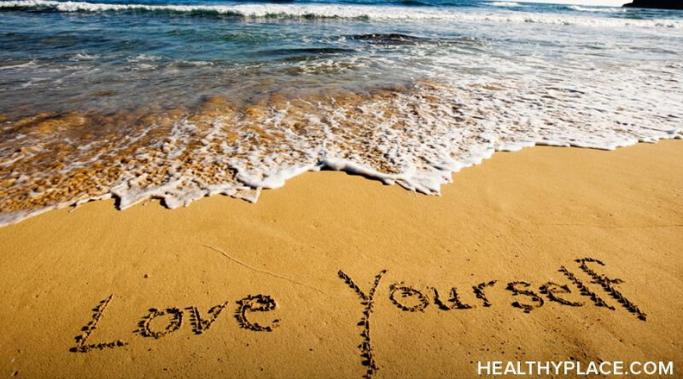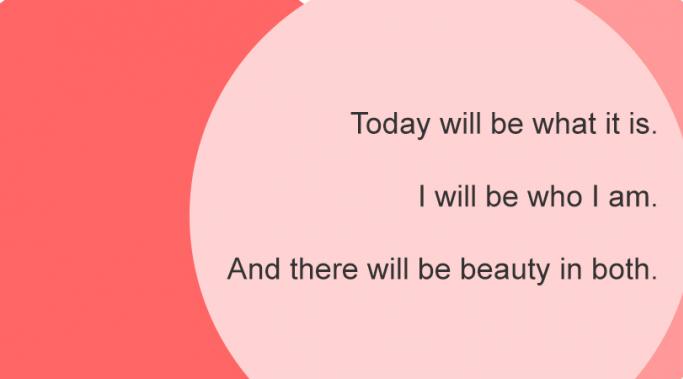Vulnerability is not something we normally link with self-esteem. We are much more inclined to picture an impenetrable sort of confidence, a version of ourselves where nothing can breach our walls of strength and self-adoration. Yet vulnerability is not only an incredibly powerful tool for those already on the road towards building self-esteem–it is also a very good place to start.
DBT Skills
Mindfulness affects your self-esteem, and often, when we think about mindfulness, many of us picture a happy person meditating peacefully while the sounds of "ohm" echo in the background. Without our realizing it, this picture incepts a formula into our subconscious: mindfulness plus quiet serenity equals self-love. Yet for many of us, quiet serenity is not something easily check off on our to-do list–our days are filled with busy streets and office chairs, not Zen gardens and floor cushions. Does this mean self-love is unachievable? Not at all. Even when serenity is unavailable, one powerful tool we can use towards building self-esteem is mindfulness.
Do we have to conquer fear? I've gone through some changes in my life recently that have me thinking about fear. In particular, how we react to feeling afraid. Why are some fears considered perfectly acceptable, while others fill us with shame and demand action? Being afraid of an aggressive animal, an impending surgery, or a loved one experiencing harm are all considered rational and acceptable. Yet we tend to hide our fears of social interaction, object/behaviors that feel uncomfortable, or people who affect us. So, what makes certain fears unpalatable? What makes us decide a fear is unfounded or embarrassing? Why are some fears allowed, while other fears must be conquered?
Did you know it is possible to manage frustrations with confidence? When there is no immediate solution to a problem, say you can't find your car keys, or you have to do something you've been dreading, there is a skill that helps you manage frustrations confidently. The IMPROVE Skill is a dialectical behavioral therapy (DBT) tool that I've found to be helpful for reducing daily stressors and drama that finds its way into frustrating my life.
You can reduce anxiety and gain confidence over your emotions, even during stressful times. I've struggled with anxiety since I was a child and have found some skills that help reduce anxiety, while also improving self-esteem. The skill I want to share with you has allowed me to feel in control when anxiety intrudes and my confidence declines. It helps me reduce my anxiety while gaining confidence.
Do you make excuses instead of choosing to nurture your self-esteem? Making excuses for your behavior or the behavior of someone else drastically depletes your self-esteem and self-respect. It actually makes other people lose respect for you, too. Making excuses leads to blame, which makes harder to start accepting the reality of a situation and moving on with your life. So, stop making excuses and improve your self-esteem.
Radical acceptance can help your self-esteem. Radical acceptance is a skill in dialectical behavior therapy (DBT) that helps you move from anger and pain to accepting the realities of life. You don't have to like the situation but you don't have to torture yourself about it. When you are stuck in blame and can't accept, it makes it harder to find compassion and love for yourself. Help build self-esteem with radical acceptance.
It can be hard to feel motivated and confident even on good days. Learn how to feel motivated with this DBT skill. It will get you feeling motivated and more confident fast.
If you use dialectical behavior therapy (DBT) skills to communicate with confidence you will notice incredible changes. Who doesn't want to feel more in control and confident before entering a conversation, especially if there is some tension between you and the other person? This new DBT skill is one of the best skills I've come across to help you confident before you say a word. The video will help you use DBT skills to communicate with confidence.
It can be hard to get through a crisis with your self-esteem intact. Whether it be a major meltdown or a mini crisis, learning how to get through a crisis can improve your self-esteem.









